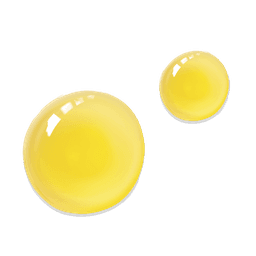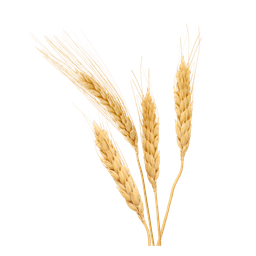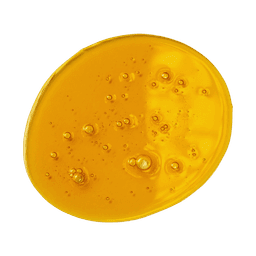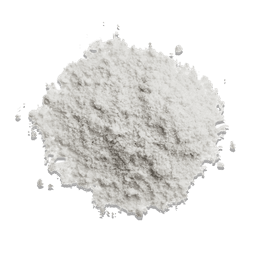Hydrolyzed Algin
A powerful ingredient known for its remarkable skin protective, wound healing, and anti-inflammatory properties

INGREDIENT PROFILE
synonyms
Peptones 73049-73-7 Peptone hydrolyzed algin
INCI
Sodium Alginate
What it Is
A polysaccharide combined with salt (sodium) to produce alginate
What it does
strong anti-inflammatory
Targets
Reduces stinging response Immuno-protect the skin against UV Reduction of 5-lipoxygenase Decreases the pro-inflammatory signals generated by pollution
Find it in
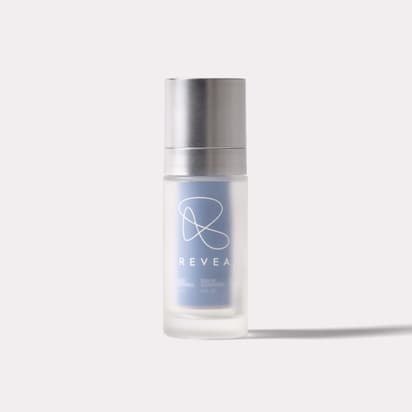 Calm control CC1-01
Calm control CC1-01Overview
Known for its remarkable skin protective and healing properties, Hydrolyzed Algin is a linear unbranched polymer comprising L-guluronic and D-mannuronic acid. This contributes to its hydrophilic nature and ability to accelerate wound healing by forming a protective film on the skin. Hydrolyzed Algin also decreases lipid peroxidation and enhances antioxidant enzyme activity. It effectively reduces pro-inflammatory signals generated by pollution,
Skin benefits
Anti-inflammatory properties can help reduce stinging and aid in wound healing capability Can protect skin against UV and pollution
What research has shown
Alginates are linear unbranched polymers of α-(1→4)-linked L-guluronic acid (G) and its C5 epimer β-(1→4)-linked D-mannuronic acid (M) arranged as homopolymeric G blocks, M blocks, alternating GM or random heteropolymeric G/M stretches. Their hydrophilic nature accelerates wound healing and creates a film-forming layer adding shearing resistance to the skin. Alginate also decreases lipid peroxidation and enhance antioxidant enzyme activity. Alginate decreases the pro-inflammatory signals generated by pollution (fine dust), specifically COX-2, IL-6, and TNF-α, and key molecular mediators of the NF-κB and MAPK pathways in keratinocytes.
Peer reviewed science
- Oceanography (2013)
- Ecotoxicology and environmental safety (2018)
